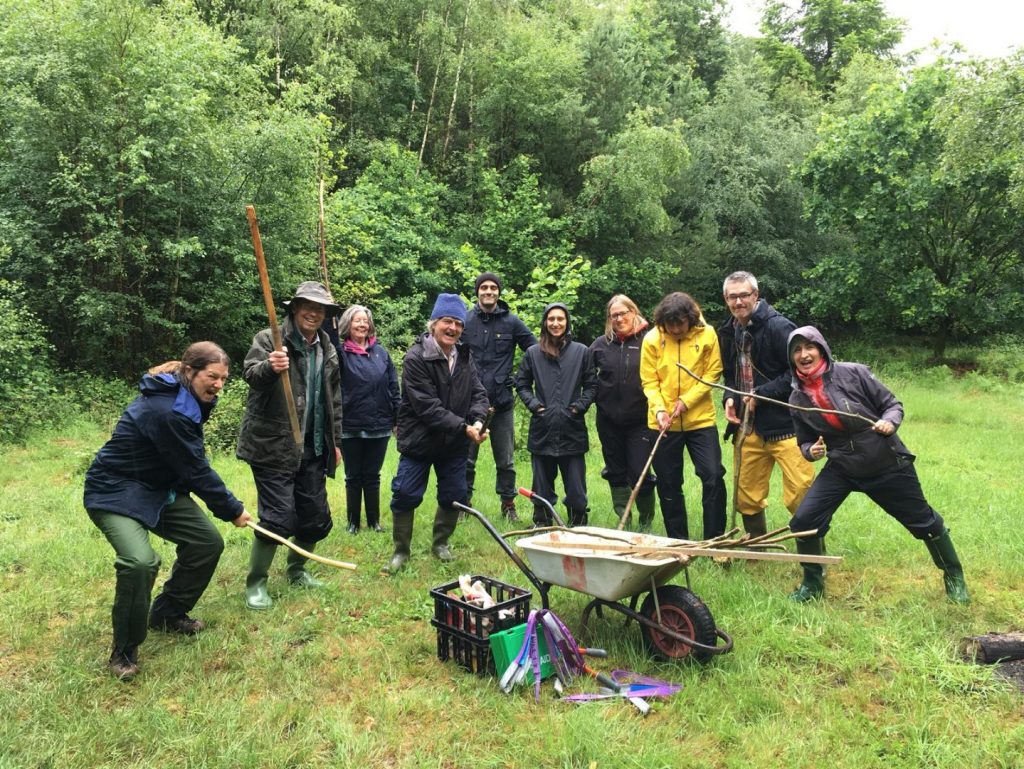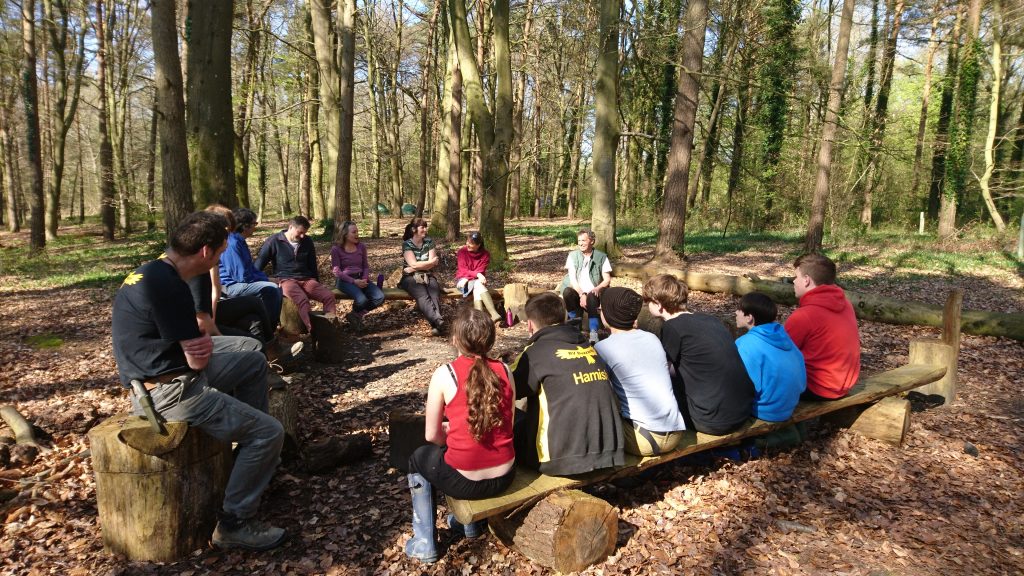We’d better find them, since it’s already happening!
You might call me an anxious optimist: I worry a lot about the state of the world, but I cling to a belief that there’s an upside to the challenges, if only we can find it. That belief is hard to sustain these days, so I’m writing this to help me as much as anyone else.
It was back in 2012 that I got interested in resilience: I felt that we all need to raise our resilience skills urgently, to handle growing turbulence ahead. I still don’t feel I’ve got on top of the challenges, but frankly, my experience of the past seven years is that I’d be in a much worse state if I’d done nothing!
My explorations since 2012 have not produced any astounding breakthroughs, more a steady deepening of things that help, and learning from others. So here’s an overview of what I can suggest to live positively with yet more chaos.
- Keep connecting with a positive vision. Advocates of this range from positive psychology experts to Gail Bradbrook, co-founder of Extinction Rebellion. It really is worth imagining and picturing, as fully as you can, the better world you’d like. Do this at every level from yourself individually, to your community, to the global ecosystem. Draw pictures, write it out, connect with it repeatedly. Daily would be good: because we’re assailed by negative news continually.
- Choose your presence and your response. It’s very easy to react to chaos with fear, anger, and self-centred feelings. You may need to make repeated, conscious choices to get centered, to see what you can do constructively: perhaps supporting other people with their fear and alarm. A calm, caring presence is a huge blessing for everyone around you.

- Stay active, keep moving: I’ve learned more about resilience by co-leading programmes for doctors with Professor David Peters, an expert on the neurophysiology of stress. This has shown me how important vigorous physical exercise is for preventing health damage if stress builds up in the body. Try to get moving every day if you can.
- Limit your exposure to bad news and social media. One thing our world has in abundance is alarming information. Read my blog on the book Your Brain on Nature to see how bad news and screen time keep us in a constant state of alert, which makes it hard to relax fully and sleep well. As the book explains, screen time is physically addictive, so you need to choose to apply rules and create good habits. I turn my phone and computer off by 9pm.
- Know your comfort zones, and visit them often! Life really is getting more abrasive, so we have to draw on antidotes frequently. So be aware what nourishes you, and be generous in caring for yourself.
- Choose a positive focus where you can make a difference. There’s a difference between your circle of influence, where you can have an impact, and your circle of concern, where you just worry and feel helpless. Try to manage the balance between them, without ignoring the bigger picture. For example, I am deeply concerned about the impacts of global deforestation: I have written a blog listing a number of specific projects which you or I can support.

- Take the green prescription: often! You probably draw on Nature to resource you – and Your Brain on Nature gives you research proof of its benefits if you need it! I find that getting outdoors daily keeps me steady, and growing food in the garden is a great antidote to bad news media.
- Draw on inspiration and belief. One of my biggest realisations about resilience in recent years is how much these qualities can help. Keep reconnecting with projects, relationships, and whatever gives you a sense of purpose. Try to identify and name what you believe in: maybe qualities like respect and integrity, maybe teachers or leaders who’ve touched you, maybe in a deity or angels who you might pray to for support. Many research studies show that people with beliefs are more resilient physically and emotionally. This can also give you ‘a bigger perspective on worldly problems’.
- Help others. Your own experience may confirm what positive psychology tells us: reaching out to help others is a great way to help ourselves too!
